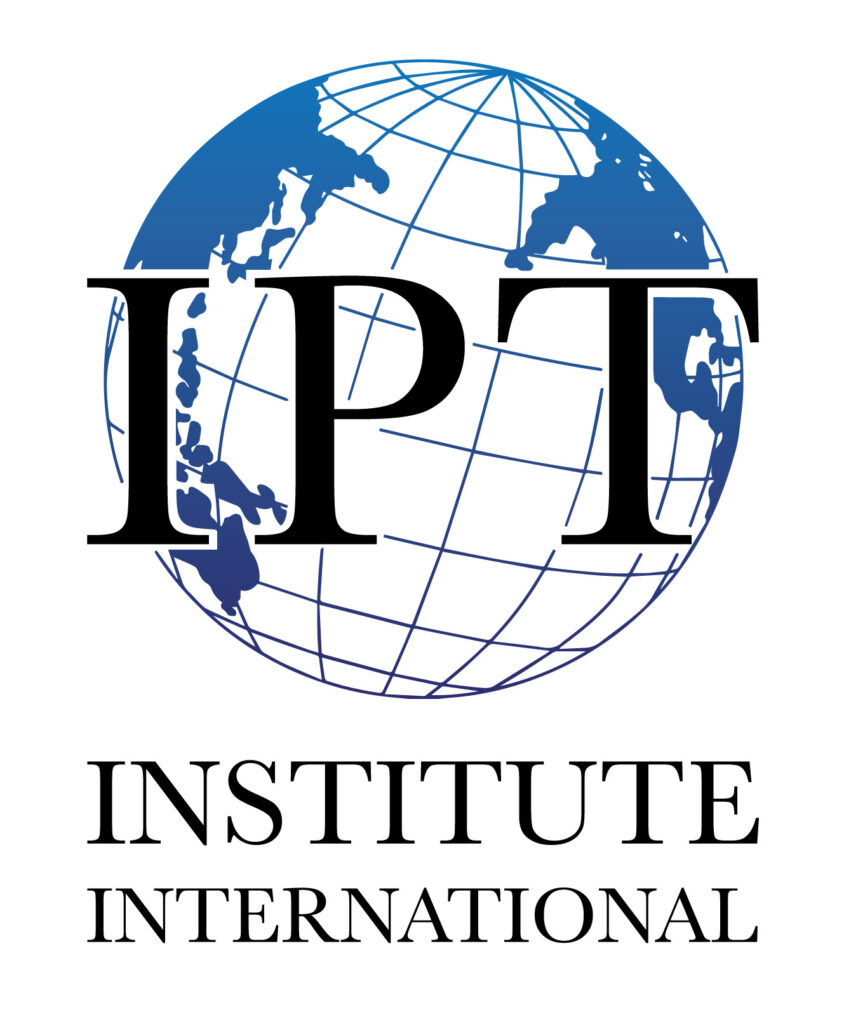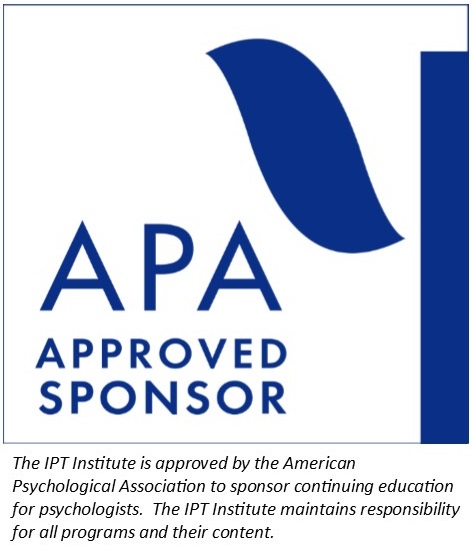THURSDAY AUGUST 15, 2024
Mastering IPT Clinical Tools with Deliberate Practice
Course Description
“Deliberate Practice” is an evidence-based method that can reliably and effectively improve performance. The concept of deliberate practice has its origins in a classic study by K. Anders Ericsson et al (1993), in which they found that the amount of time practicing a skill and the quality of the time spent doing so were key factors predicting acquisition and mastery. They identified five key activities in learning and mastering skills: (a) observing one’s own work, (b) getting expert feedback, (c) setting small incremental learning goals just beyond the performer’s ability, (d) engaging in repetitive behavioral rehearsal of specific skills, and (e) continuously assessing performance.
Research has shown that deliberate practice is associated with expert performance across a variety of professional fields, such as sports, music, medicine, and psychology. This course will utilize Deliberate Practice methods to build and improve skills utilizing IPT tools: the Interpersonal Inventory, the IPT Timeline, the IPT Dispute Graph, and the IPT Grief and Loss Crossroads.
Brief live demonstrations of each tool will be followed by small group practice of skills led by an expert IPT supervisor. Discussions will focus on adaptation of skills for use with more challenging clients.
All class sessions will be in four hour blocks from 5 PM to 9 PM Central Daylight Time (Chicago). Please be SURE that you have the correct time for your home location when you register.
Schedule
17:00 Interpersonal Inventory
18:00 IPT Timeline
19:00 IPT Dispute Graph
20:00 IPT Grief Crossroads
(includes 4 hours of CE credit)
Scott Stuart, MD
Dr. Stuart is a psychiatrist and an Emeritus Professor in the Departments of Psychiatry, Psychology, and Obstetrics and Gynecology at the University of Iowa (USA) as well as an Adjunct Clinical Professor of Psychiatry and Behavioral Sciences in the Keck School of Medicine at the University of Southern California, Los Angeles. He has been active in clinical work, education and research in IPT for nearly three decades.
Dr. Stuart is the Founder and Director of the Interpersonal Psychotherapy Institute. He is also the co-founder of the ISIPT and its first president. He has authored a number of articles on IPT, and is the co-author of Interpersonal Psychotherapy: A Clinician’s Guide (2nd ed), as well as IPT Handbooks for adults, adolescents, and groups. He has been conducting workshops and training in IPT internationally for over 25 years.

Olga Belik, PhD
Dr. Belik is a Clinical Psychologist practicing in the areas of clinical and forensic psychology. She is an APA member and has completed the APA Women’s Leadership Institute. Dr. Belik is a member of the California Psychological Association and has been on the Board of Directors of the Division II “Training and Education in Professional Psychology,” for over 10 years.
Since 2006, Dr. Belik has been the Director of Psychology Training and the Chief Psychologist at the Providence Saint John’s Hospital, Child and Family Development Center. In her role, she oversees doctoral psychology training, psychological assessment, research, and treatment outcome measures. Under her leadership, the training program received a national, APA recognition for “the significant contributions to the field of psychology.” She held a Clinical Professor position at the UCLA, Department of Psychology for 9 years.
Dr. Belik is an IPT trainer and supervisor and has consultations and trainings to the LA Department of Public Health, Department of Mental Health, UCLA-ISAP and other agencies specializing in co-occurring disorders.

Jessica Schultz, PhD
Jessica M. Schultz, Ph.D., is a counseling psychologist and Associate Professor of Psychology at Augustana College in Rock Island, Illinois. She completed her doctoral degree at the University of Iowa and clinical internship at the University of Texas at Austin. She is a licensed psychologist in the state of Iowa and has a small private practice. A fellow in the Interpersonal Psychotherapy (IPT) Institute, she deeply enjoys providing training, consultation, and support to clinicians learning IPT. Her research focuses on posttraumatic growth, forgiveness, and training and dissemination of empirically supported psychological treatments.
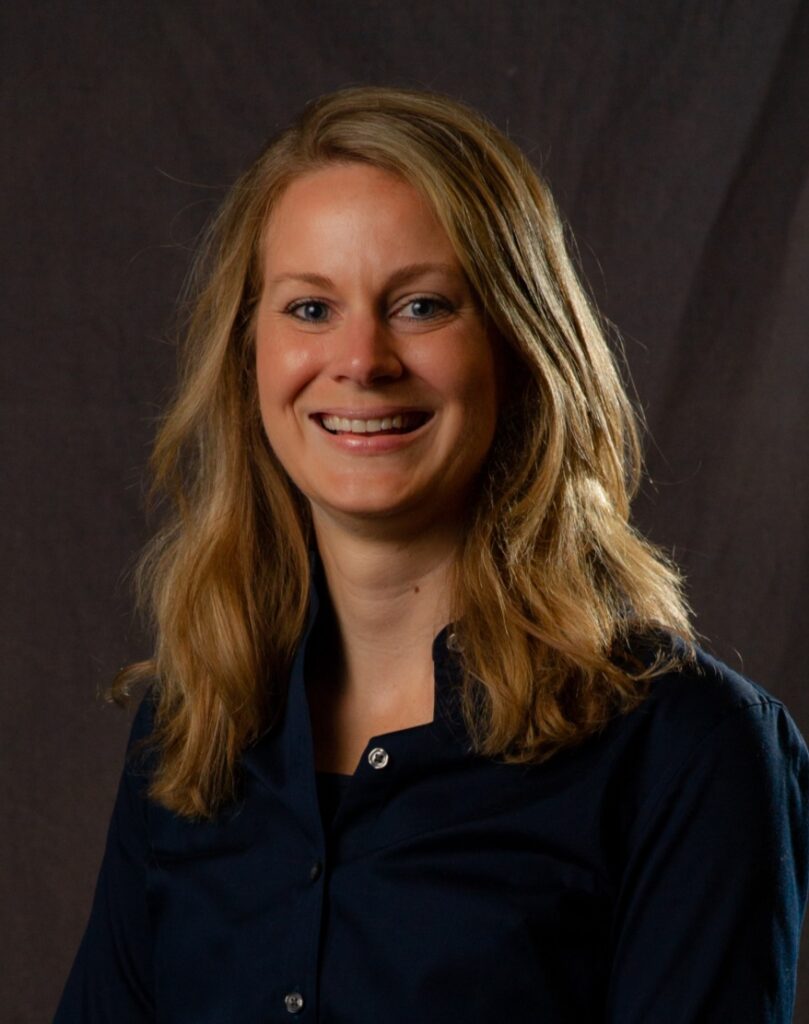
Scott Fairhurst, PhD
Scott Fairhurst, Ph.D., is the Vice President of Training, Outcomes & Evaluation, and Business Analytics at Pacific Clinics, the largest Community Behavioral Health agency in California. His focus is on making it easier for clinicians and clients to see the impact of their work, including which activities are most likely to help and what impacts we are most likely to see. This transparent sharing of the process is what first drew him to IPT; the notion that a case conceptualization includes how the client sees their own goals, needs, network, strengths, and improvements. In his role at Pacific Clinics (Los Angeles), the combination of outcomes monitoring and best practices training allows him to influence the agency’s culture in this same way. Scott earned his doctorate in Clinical Psychology from the University of Houston in 1994.
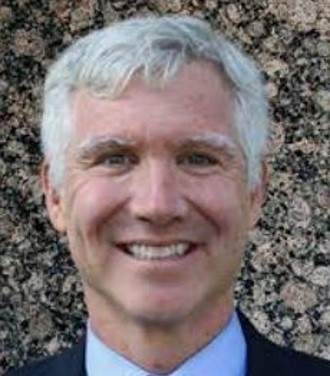
The IPT Institute is approved by the American Psychological Association to sponsor continuing education for psychologists. The IPT Institute maintains responsibility for this program and its content.
Advanced Perinatal Training in IPT
Educational Objectives:
This CE Course is targeted towards all clinicians. The instructional level is advanced.
At the conclusion of this course, the participant should be able to:
1) Conduct an Interpersonal Inventory
2) Conduct an Interpersonal Timeline
3) Conduct an Interpersonal Dispute Graph
4) Conduct an Interpersonal Grief and Loss Crossroads
Schedule:
5 PM to 9 PM
Cost:
$125 per person
Refund/Cancellation Policy:
A $100 charge will be applied for all cancellations. Refunds will not be made.
Instructor Credentials:
Please see “About the Instructor” link for detailed information
CE Credits Offered:
4 CE credits are offered for this training. No partial credit will be given.
All educational activities at this training will offer CE credit.
Commercial Support for CE Programs or Instructors:
There is no commercial support for this CE Program. There are no conflicts of interest for the instructor for this CE Program.
For information about the CE grievance procedure, please click the link below.
